Showing 37–48 of 334 results
-
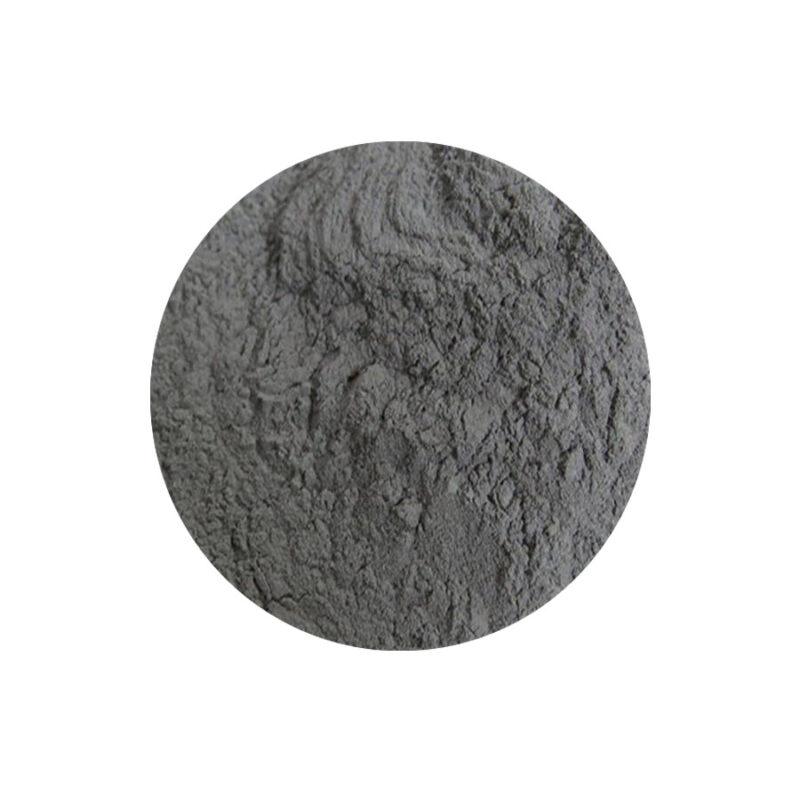
- High Melting Point: Boron has a melting point of 2,076°C, making it suitable for high-temperature applications.
- Low Density: It is lightweight compared to many metals, which makes it advantageous for use in lightweight materials and alloys.
- Hardness: Boron is extremely hard and is a key component in creating super-hard materials like boron carbide.
- Neutron Absorption: Boron’s ability to absorb neutrons without forming long-lived radioactive isotopes makes it vital for radiation shielding and nuclear control rods.
- High Thermal Conductivity: It efficiently conducts heat, which is beneficial for thermal management in electronics and other high-temperature systems.
-
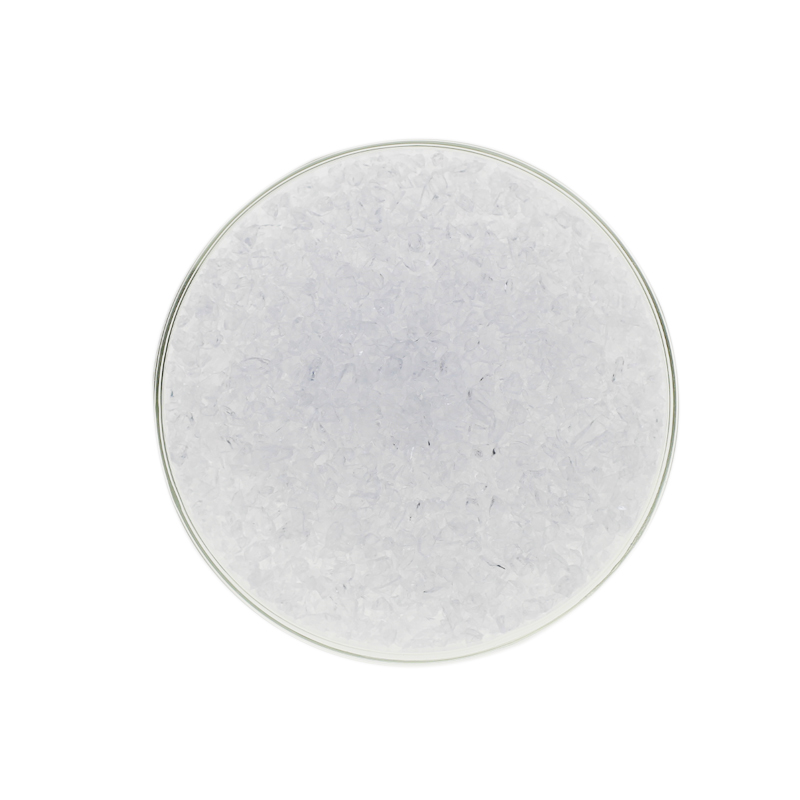
- High Purity: Ensures optimal performance in sensitive applications.
- Thermal Stability: Maintains integrity under high-temperature conditions.
- Optical Transparency: Ideal for optical and electronic coatings.
- Versatile Uses: Applicable across industries including electronics, optics, and materials science.
- Customizable Sizes: Available in various pellet sizes to meet specific requirements.
-
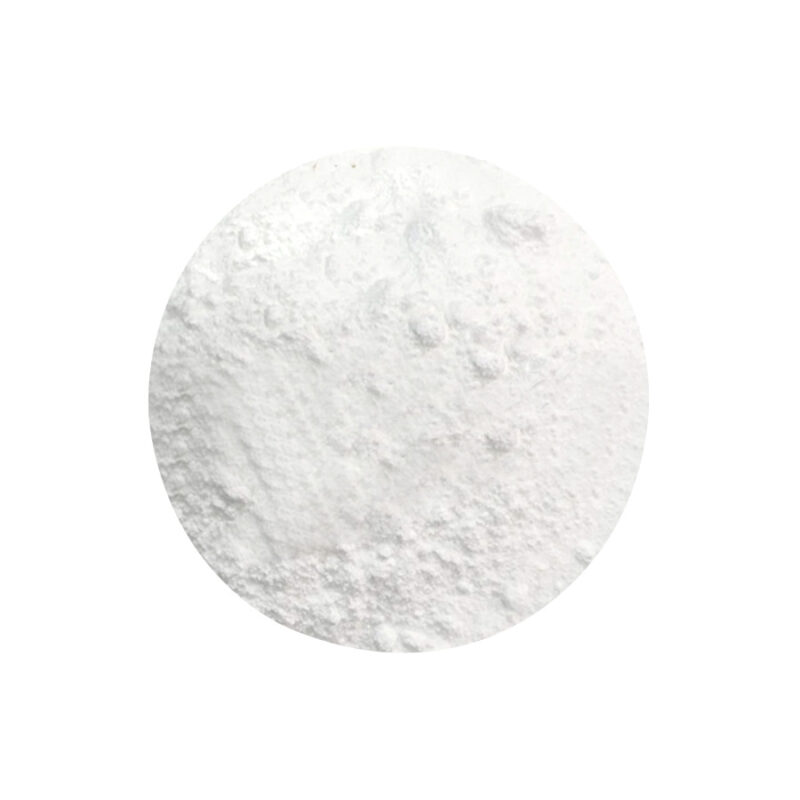
- High Purity: Available with ≥99.9% purity for consistent performance.
- Excellent Glass-Forming Properties: A key ingredient in borosilicate glass and optical fibers.
- Thermal Stability: Withstands high temperatures without decomposition.
- Chemical Inertness: Resistant to most chemicals, making it ideal for specialized applications.
- Customizable Particle Sizes: Nano (<100 nm) and micro (1–50 µm) options available or customized.
- Eco-Friendly: Non-toxic and compliant with environmental standards.
-
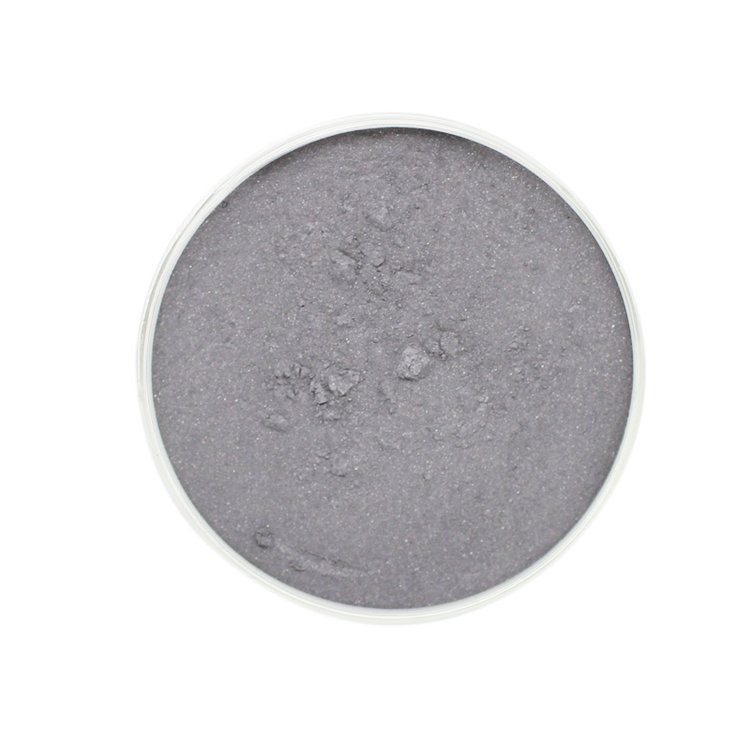
- Extreme Hardness: Mohs hardness of 9.5, second only to diamond and cubic boron nitride.
- Low Density: Lightweight material ideal for aerospace and defense applications.
- High Thermal Stability: Exceptional performance at high temperatures.
- Chemical Inertness: Resistant to most acids and alkalis.
- Superior Wear Resistance: Ideal for abrasive and protective applications.
- Customizable Particle Sizes: Nano (<100 nm) and micro (1–50 µm) grades available or customized.
-
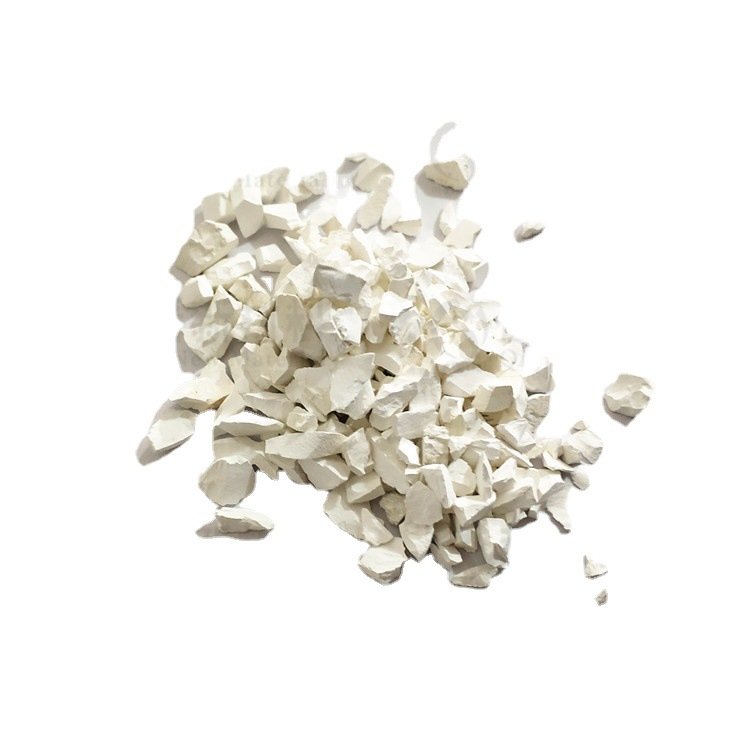
- High purity (≥99.99%).
- Outstanding dielectric and ferroelectric properties.
- Suitable for thin-film deposition techniques such as PVD.
- Uniform pellet size for consistent results in industrial and research settings.
- Custom sizes and packaging available.
-
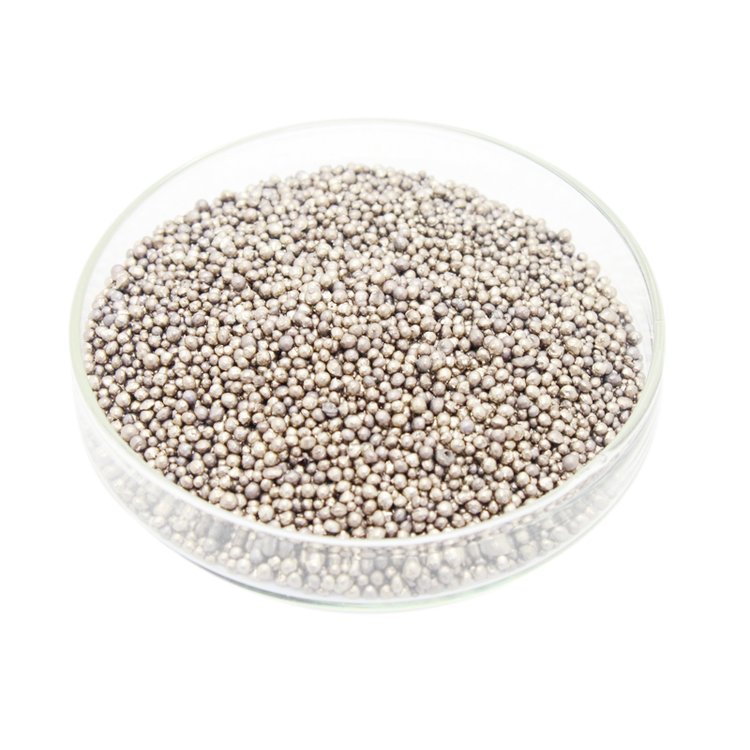
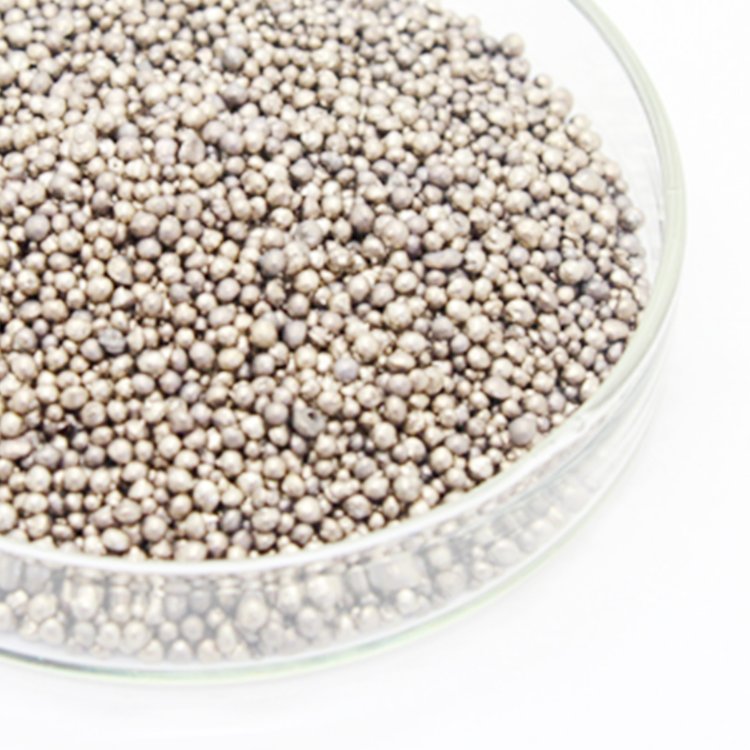
- Low Toxicity: Bismuth is one of the few heavy metals considered relatively non-toxic, making it a safer alternative for certain applications.
- Unique Electrical Properties: Bismuth exhibits interesting electronic properties, such as a high Hall coefficient and low thermal conductivity, beneficial for thermoelectric applications.
- High Density: Bismuth’s high atomic mass and density make it suitable for applications requiring heavy elements.
- Low Melting Point: With a melting point of 271.4°C, bismuth is relatively easy to evaporate, allowing for low-temperature thin-film deposition.
- Optical Characteristics: Bismuth coatings can manipulate light in specific wavelengths, contributing to its use in optical and IR coatings.
-
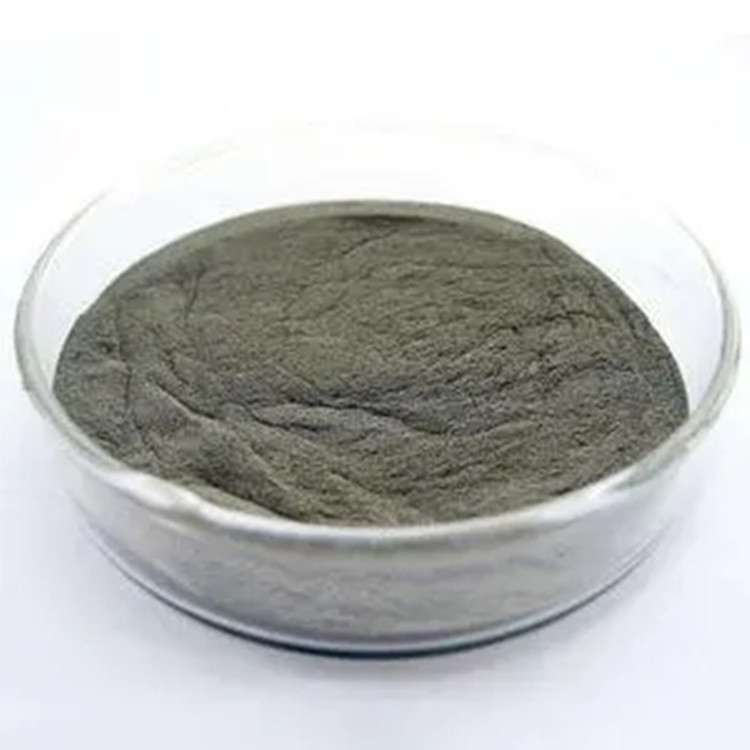
- High Purity: Ensures superior performance in specialized applications.
- Non-Toxic and Eco-Friendly: A safe alternative to lead in many applications.
- Low Melting Point: Ideal for use in low-temperature solders and alloys.
- High Density: Suitable for counterweights, radiation shielding, and industrial applications.
- Excellent Machinability: Easy to shape and process for intricate designs.
- Corrosion Resistance: Offers stability in various environmental conditions.
-
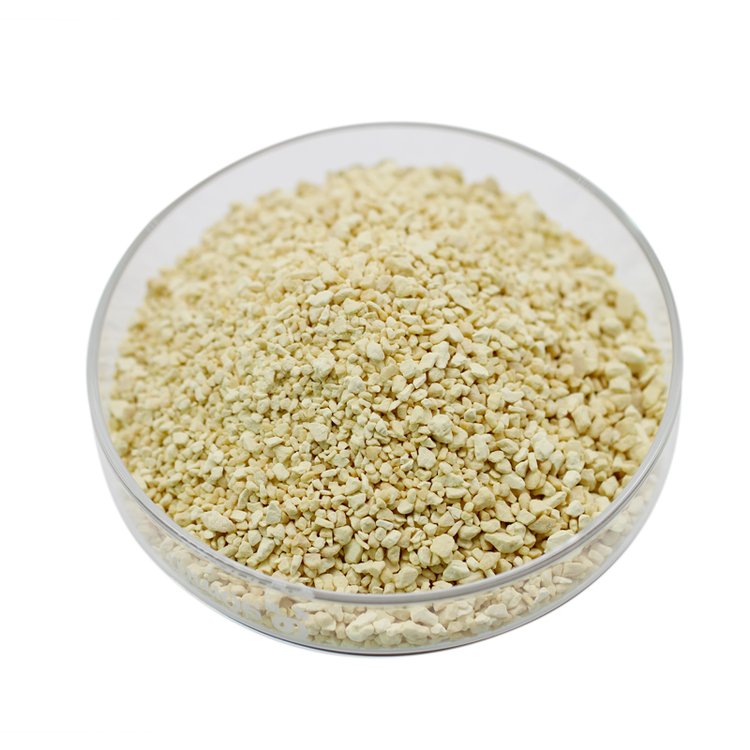
- High Refractive Index: Bi₂O₃ offers one of the highest refractive indices among common oxides, making it ideal for optical applications requiring high index materials.
- Photoconductivity: It exhibits strong photoconductivity, enabling applications in photoelectric and photonic devices.
- Wide Bandgap: Its wide bandgap makes it suitable for optoelectronic applications, particularly in UV-visible light applications.
- Good Stability: Bi₂O₃ has good thermal and chemical stability, ensuring durable and reliable coatings in harsh environments.
- High Ionic Conductivity: Useful in fuel cells and solid-state batteries due to its high oxygen ion conductivity at elevated temperatures.
-
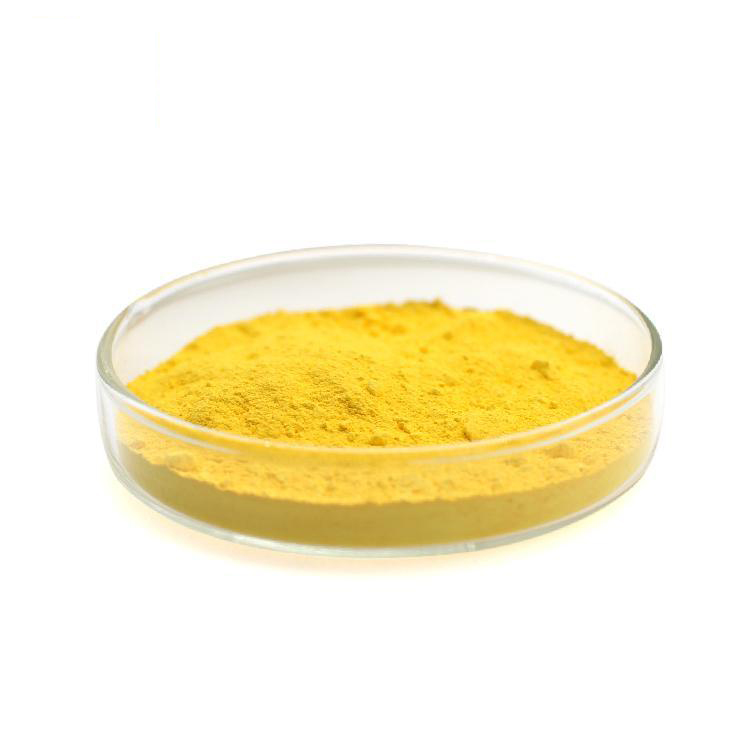
- High Purity: 99.9% or greater, ensuring optimal performance in advanced applications.
- Versatile Applications: Used in electronics, ceramics, catalysis, and radiation shielding.
- Superior Optical Properties: High refractive index suitable for optical materials.
- Thermal Stability: Maintains performance under high-temperature conditions.
- Environmentally Friendly: Non-toxic and recyclable material.
-
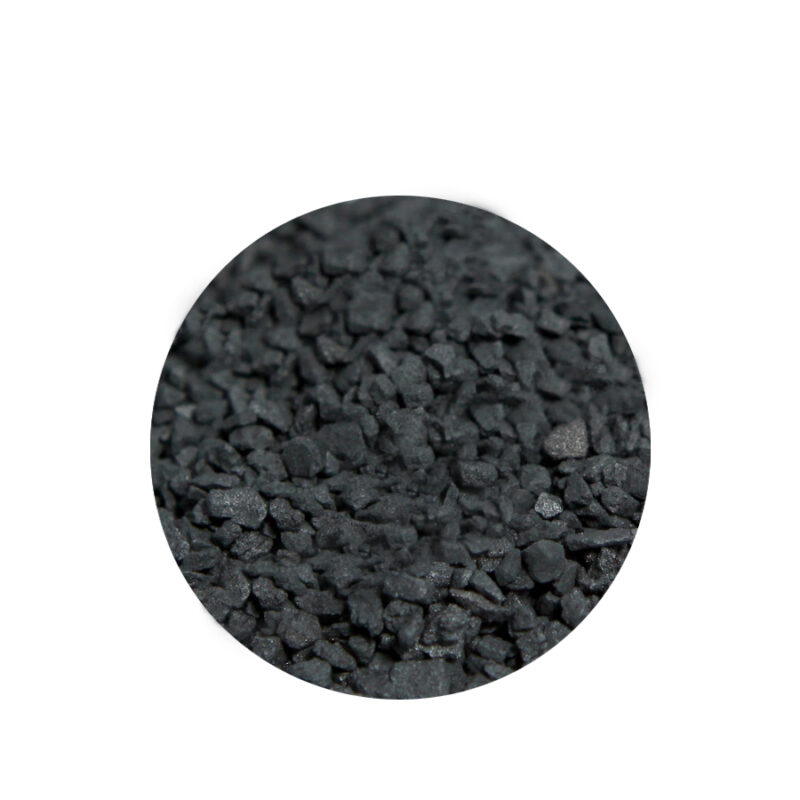
- Semiconducting Properties: Bi₂S₃ is a narrow-band-gap semiconductor, which makes it efficient for applications requiring light absorption, such as solar cells and photodetectors.
- High Absorptivity: The material has high light absorption in the visible and near-infrared ranges, making it ideal for optoelectronic applications.
- Good Thermal Stability: Bi₂S₃ thin films are thermally stable, making them suitable for high-temperature applications such as thermoelectric devices.
- Non-toxic Alternative: Bismuth-based materials, including Bi₂S₃, are considered less toxic compared to heavy metal-based semiconductors, offering a more environmentally friendly option for various applications.
-
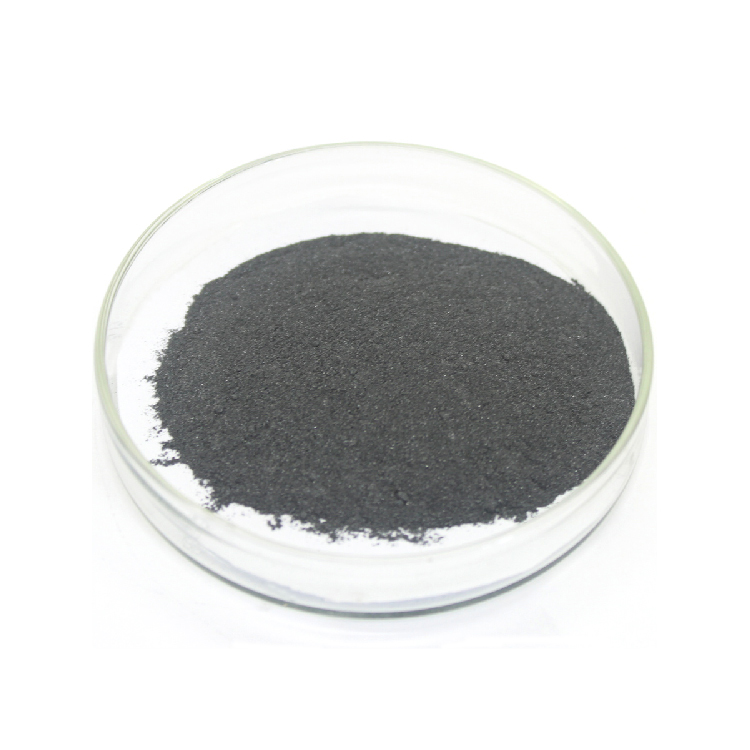
- High Purity: Available with ≥99.9% purity for precise applications.
- Exceptional Optical Properties: Narrow bandgap and strong absorption in visible and infrared spectra.
- Thermoelectric Efficiency: High thermoelectric performance for energy conversion applications.
- Chemical Stability: Resistant to oxidation and environmental degradation.
- Customizable Particle Sizes: Available in nano and micro scales to suit different requirements.
- Eco-friendly: Non-toxic and environmentally friendly material.
-
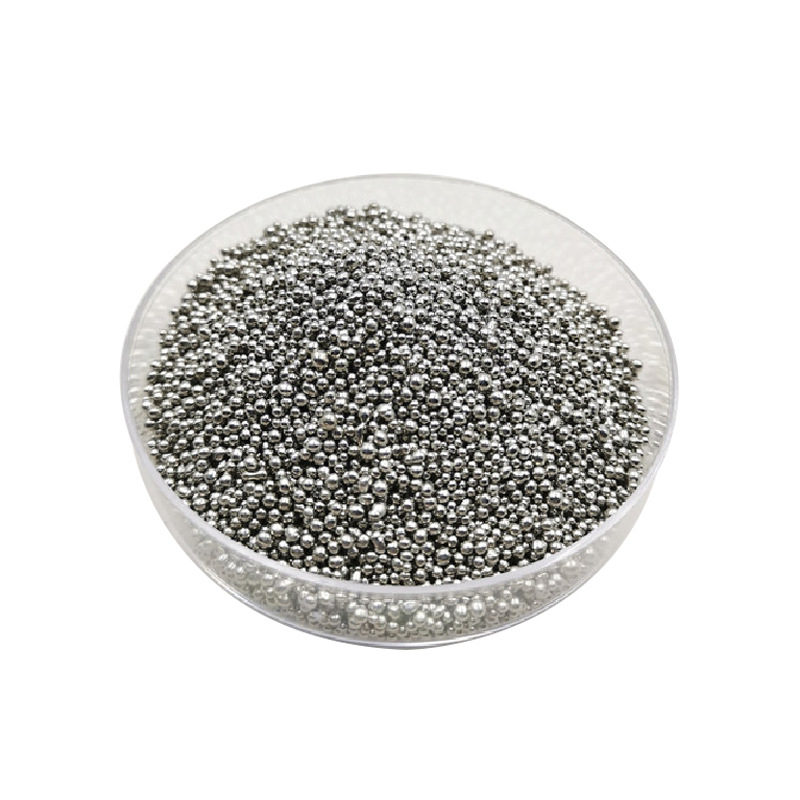
- High Thermoelectric Efficiency: Bi2Se3 has a high figure of merit (ZT), making it highly efficient for thermoelectric conversion.
- Topological Insulator Properties: It exhibits insulating behavior in its bulk with conductive surface states, which are resistant to backscattering and have potential in quantum computing.
- Good IR Absorption: Bi2Se3 is efficient in absorbing infrared radiation, making it useful in IR detectors and sensors.
- Stable at High Temperatures: It offers thermal stability and is suitable for evaporation at high temperatures, enabling consistent film formation.
- High Purity: Available in high purity, ensuring reliable and high-quality thin films for sensitive applications.













